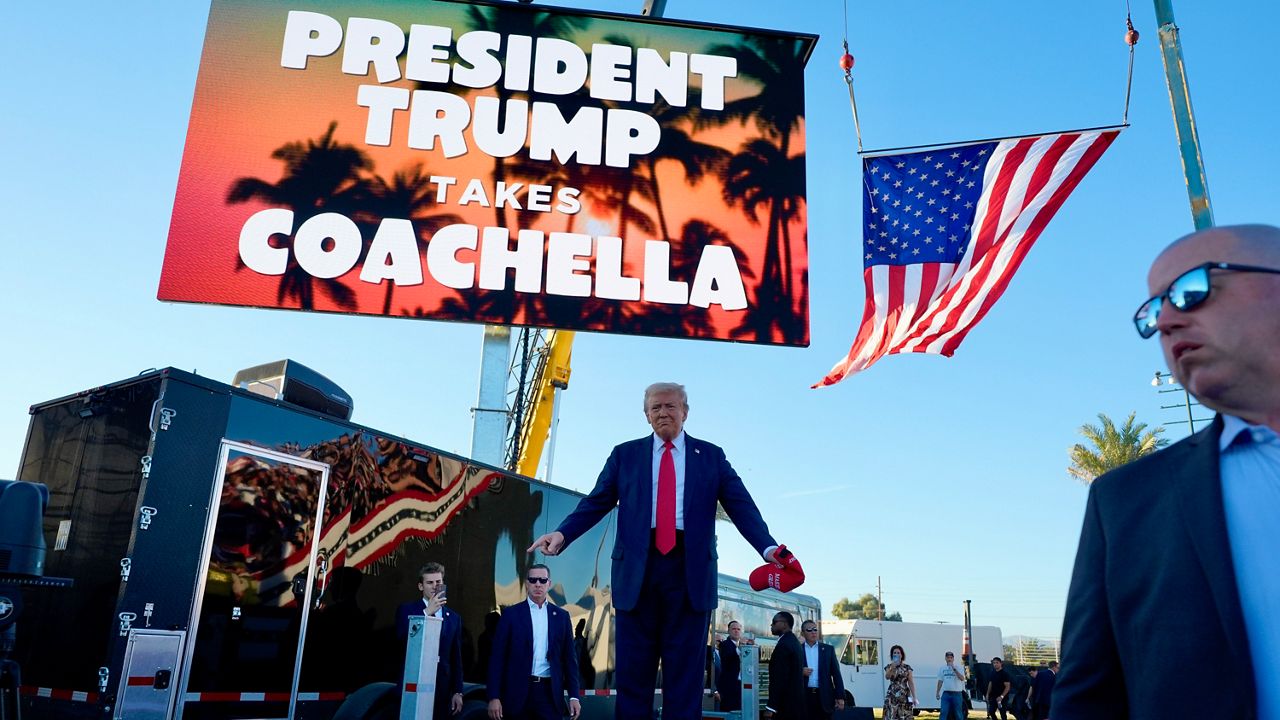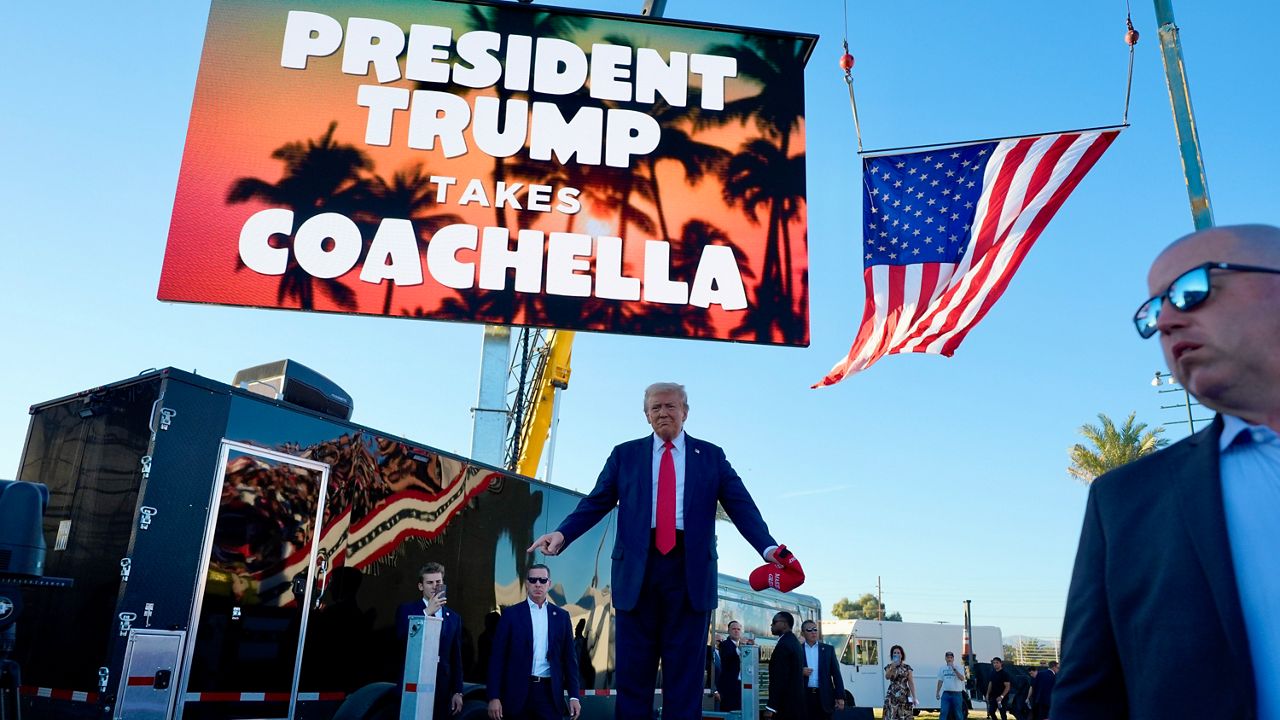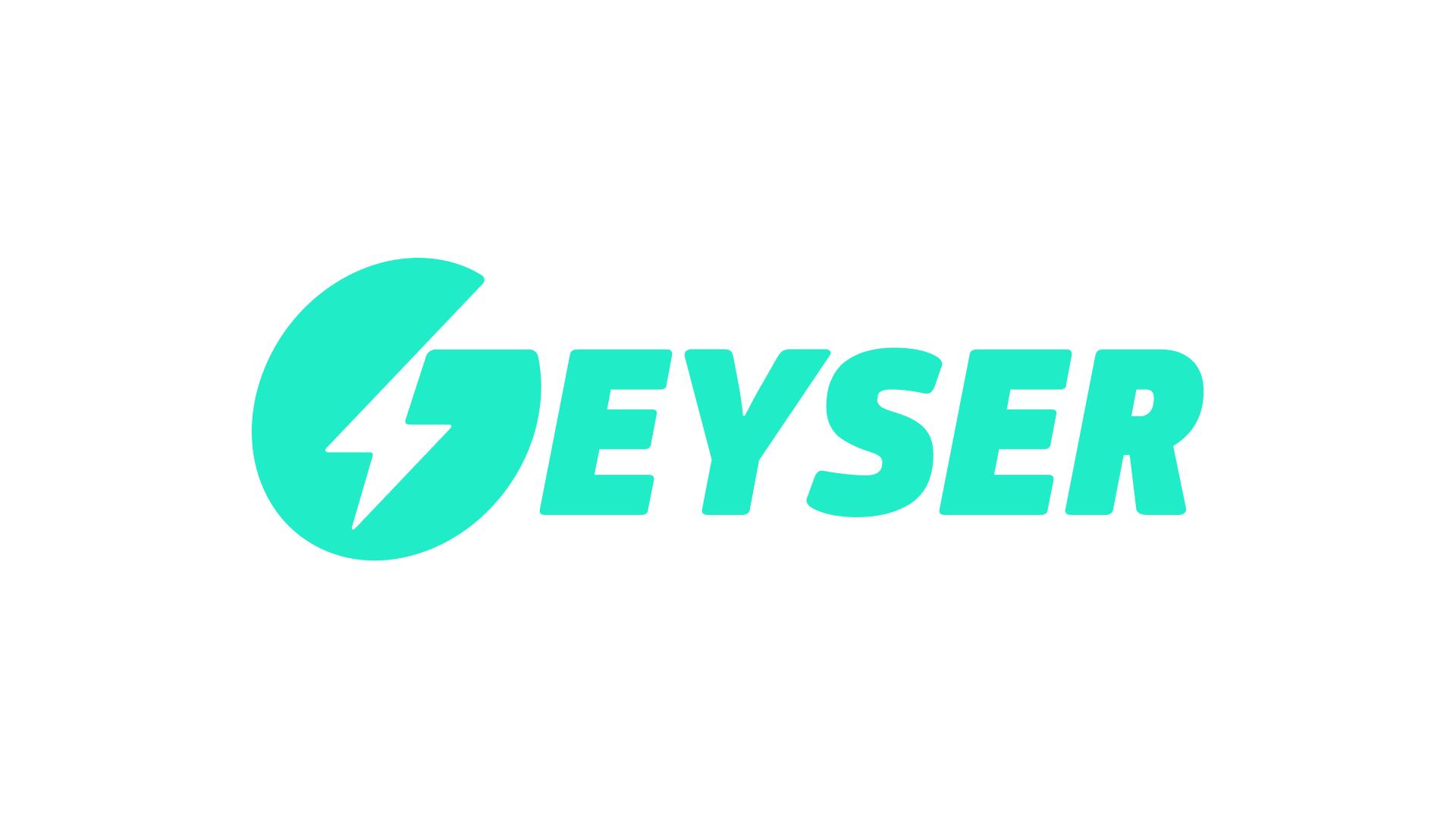
Former President Donald Trump’s campaign is using GoFundMe to rally its network of deep-pocketed backers and everyday donors around the survivors of his July assassination attempt and Hurricane Helene’s destruction, bucking more traditional avenues of emergency relief.
The two high-profile fundraisers — organized by the Republican nominee’s national finance director — have drawn more than $14 million. They do not violate campaign finance laws, according to legal experts. Nor is the campaign allowed to pocket any proceeds for its own political ends; a GoFundMe spokesperson told The Associated Press that the majority of the Butler, Pennsylvania funds have been disbursed.
But the use of a crowdfunding platform marks an unorthodox response to crises from a political campaign. Never before has a major party’s presidential candidate turned to the for-profit company — which usually features desperate appeals for help covering tuition costs or medical bills — to mobilize their base toward outside charitable causes.
“It’s pretty unusual and actually quite odd,” said Brett Kappel, a longtime campaign finance attorney with Harmon Curran who has advised both Republicans and Democrats.
It’s more typical to see candidates contribute campaign funds to IRS-approved nonprofits during natural disasters, Kappel said. He pointed to Federal Election Commission filings that show U.S. Sen. Tim Scott’s 2022 campaign gave to the American Red Cross after Hurricane Ian hit South Carolina.
Trump campaign spokesperson Brian Hughes said the motivation arose from “the president wanting to help find a way for his supporters to give as much direct support as they can.”
The finance team only got involved because of their “great expertise in working with large accounts,” according to Hughes, and “not one penny of this funding is going anywhere but to those impacted.” Hughes said more than $6.5 million of the $7.7 million raised for organizations helping with Hurricane Helene recovery had been disbursed as of October 11.
“The president has an amazing movement of supporters,” Hughes told AP. “With the experience in Butler generating millions of dollars of support, he saw the same opportunity to be a direct conduit for a philanthropic effort from his supporters.”
Longtime Trump associates, conservative celebrities and right-wing groups gave tens of thousands of dollars. Bill Ackman, the CEO of the Pershing Square investment firm who endorsed Trump shortly after the assassination attempt, donated $100,000 for hurricane relief. UFC President Dana White also pitched in $100,000. Republican U.S. Sen. Rick Scott said on X that he donated $50,000 from his congressional salary for the Butler, Pennsylvania victims. Also contributing was The Heritage Foundation, the conservative think tank behind Project 2025.
GoFundMe collects a transaction fee of 2.9% plus 30 cents for every donation to cover credit and debit charges. Its global Trust & Safety team has been communicating closely with organizer Meredith O’Rourke to ensure the safe distribution of donations from the Butler, Pennsylvania, page, according to a company spokesperson. O’Rourke also provided a verified distribution plan, the GoFundMe spokesperson told AP, which the company routinely requires in cases where organizers are withdrawing money on behalf of other recipients.
It’s not advisable for campaign finance officials to run crowdfunding pages “at the same time they were writing your money for your camp,” according to Andrew Herman, a Washington lawyer specializing in campaign finance. Because online crowdfunding is less regulated, he said, it would’ve been “more palatable” to direct supporters toward a recognized nonprofit.
“But people get into trouble when they try to ascribe rationality or any degree of what we would generally consider best financial practices to campaigns,” Herman said.
“There’s no black letter law that says they can’t do this,” he added. “Should they? Of course not.”
The bulk of the Pennsylvania disbursements were made earlier this month and more payouts will come while the page remains active, according to Hughes. The “vast majority” has gone to the families of the three people shot, he said. Some funds also compensated a local crane rental company after the owner said he lost business when the ensuing police investigation left him unable to retrieve equipment he’d donated for the rally.
Money raised for Hurricane Helene victims has gone to four nonprofits. Samaritan’s Purse spokesperson Gabrielle Bouquet said the Christian humanitarian aid organization is grateful for Trump’s “steadfast support of the work we do in Jesus’ name.” Bouquet declined to share the exact amount of the donation.
Water Mission, a Christian engineering nonprofit that builds safe water solutions in disaster areas, confirmed that the Charleston-based ministry had also received funds. Public relations director Gregg Dinino did not specify the total.
Mtn2Sea Ministries, which delivers generators and supplies in the immediate aftermath of weather events, said on Facebook that it received $25,000 on Monday. The disaster relief group posted that the proceeds were used to buy South Georgia businesses’ gift cards because “the best way to help those in need is to get resources directly into their hands.”
It makes sense that Trump’s team gravitated toward crowdfunding, said Benjamin Soskis of the Urban Institute’s Center on Nonprofits and Philanthropy. The campaign “has often been premised on a suspicion of institutions,” he said, and GoFundMe “drew some of its attraction by serving as an alternative to institutional charitable giving.”
But crowdfunding also brings less accountability, Soskis said. Crowdfunding pages don’t have the same disclosure requirements as public charities that must divulge their finances in annual tax filings.
Soskis said Trump’s checkered philanthropic ventures have likely brought increased levels of scrutiny. A judge fined Trump $2 million in 2019 for using his since-dissolved charitable foundation to advance his interests.
“It is a combustible dynamic when you combine campaigning and charitable giving,” Soskis said. “The extra dynamics of crowdfunding and Trump’s own history with philanthropy itself adds more fuel to that fire.”



